Cognitive Development Normal Math Worksheets for Ages 3-8
27 filtered results
-
From - To
Discover our expertly crafted Cognitive Development Normal Math Worksheets for ages 3-8, designed to stimulate young minds and foster mathematical growth. Created by educational specialists, these engaging worksheets cover foundational math skills, including counting, addition, subtraction, and pattern recognition. Perfect for parents and educators, our resource supports cognitive development while making learning enjoyable and interactive. Tailored to suit children's developmental stages, these worksheets provide the ideal blend of challenge and fun, ensuring young learners build confidence and achieve fundamental math milestones. Access a treasure trove of effective tools to ignite a lifelong love of learning in your child!
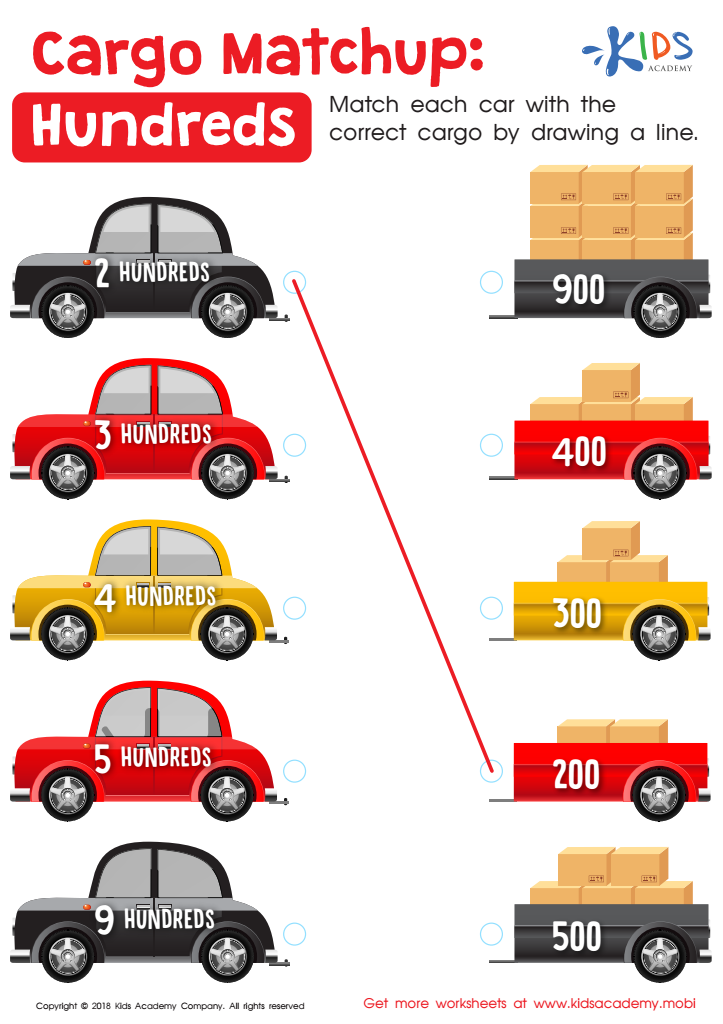

Cargo Matchup: Hundreds Worksheet


Count and Match Boxes with Vegetables


Enrichment -2 Step Word Problems Worksheet
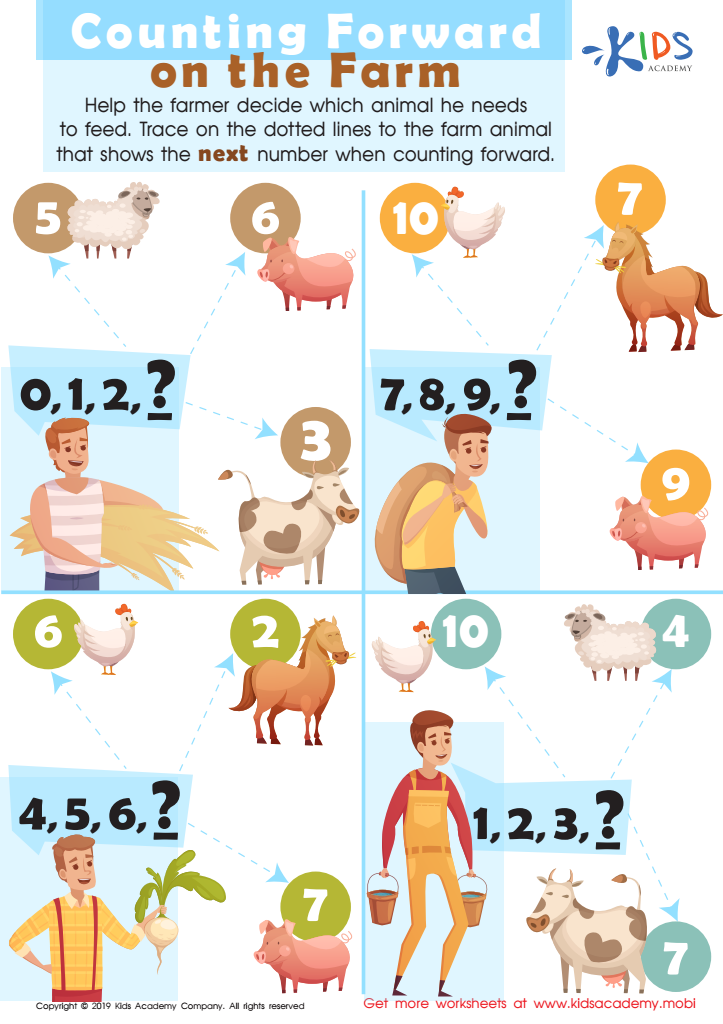

Counting Forward On the Farm Worksheet
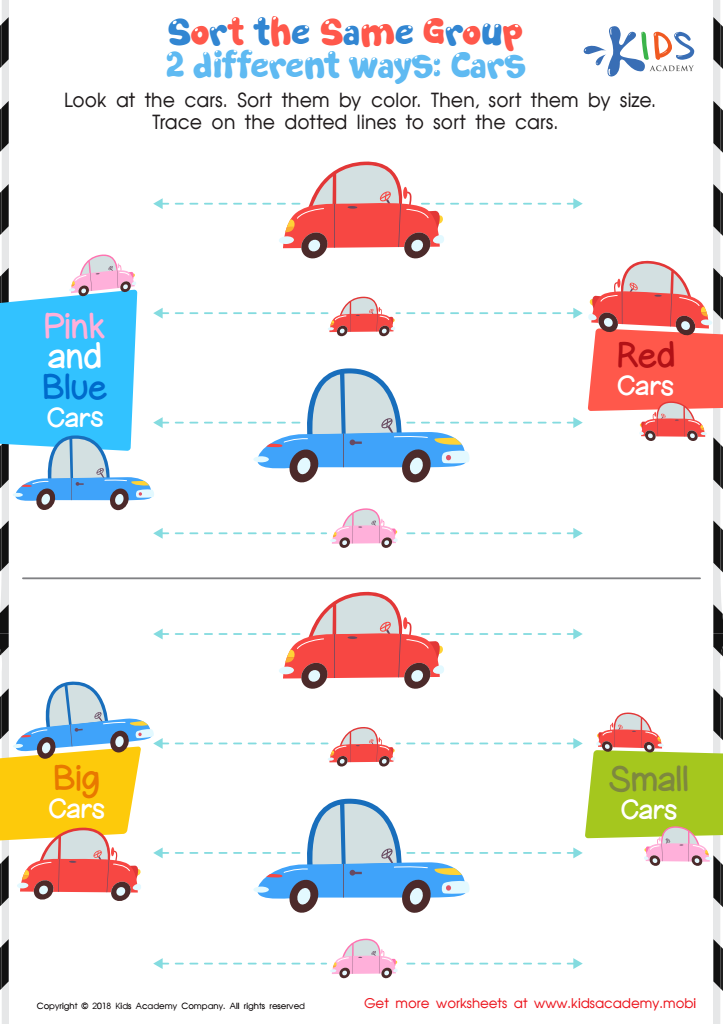

Sort the Same Group 2 Different Ways: Cars Worksheet
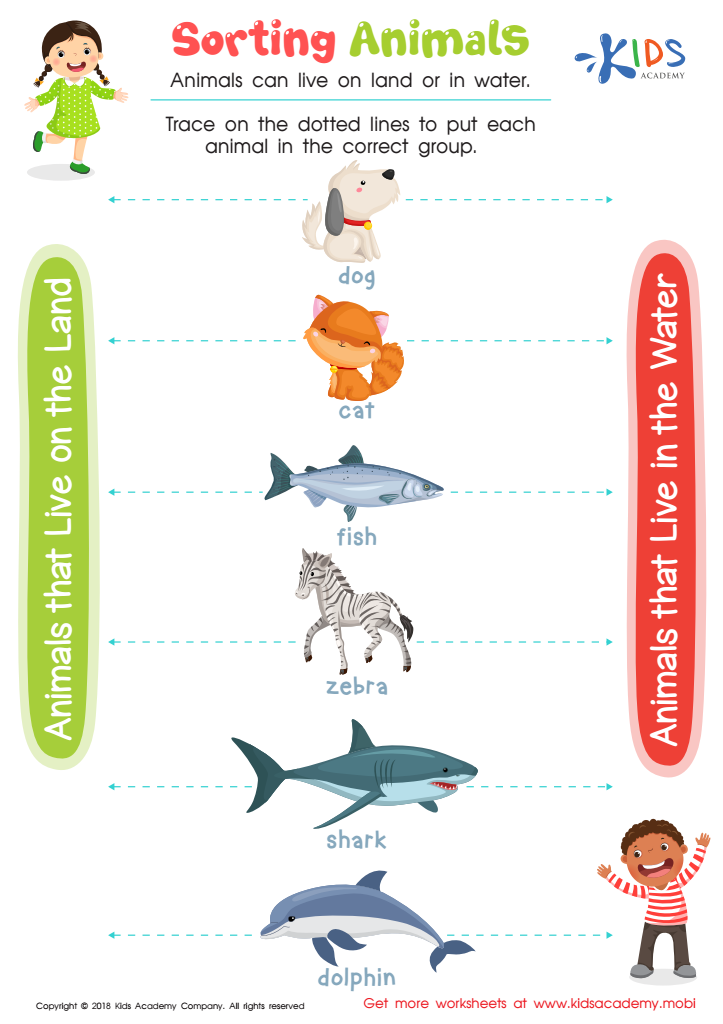

Sorting Animals Worksheet
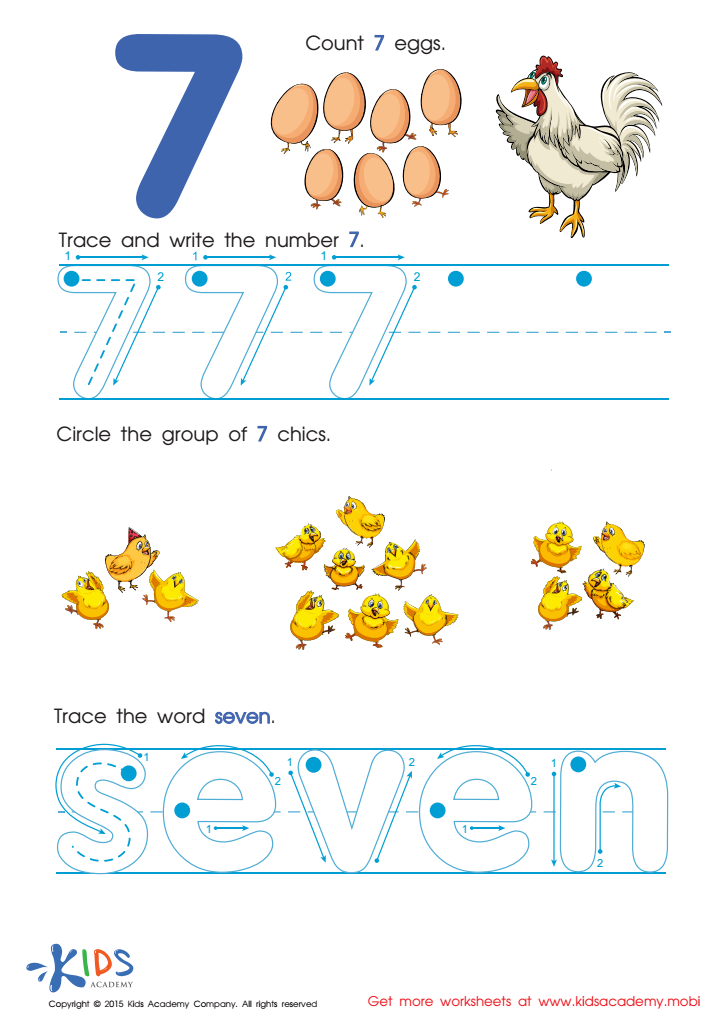

Trace And Write Number 7 with Fun Worksheet
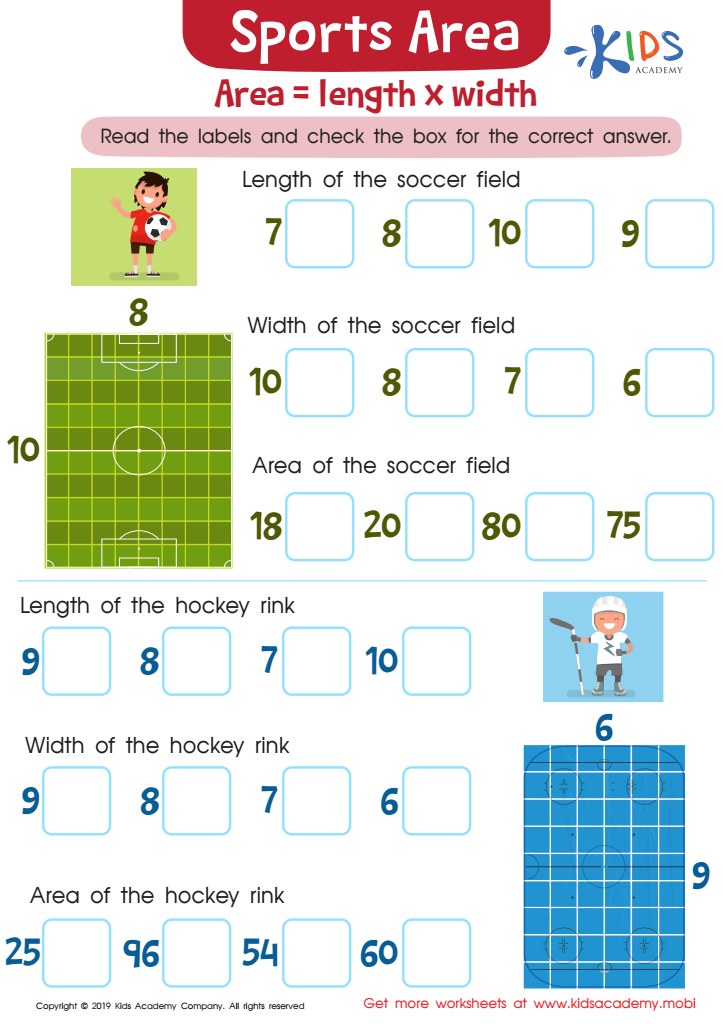

Sports Area Worksheet
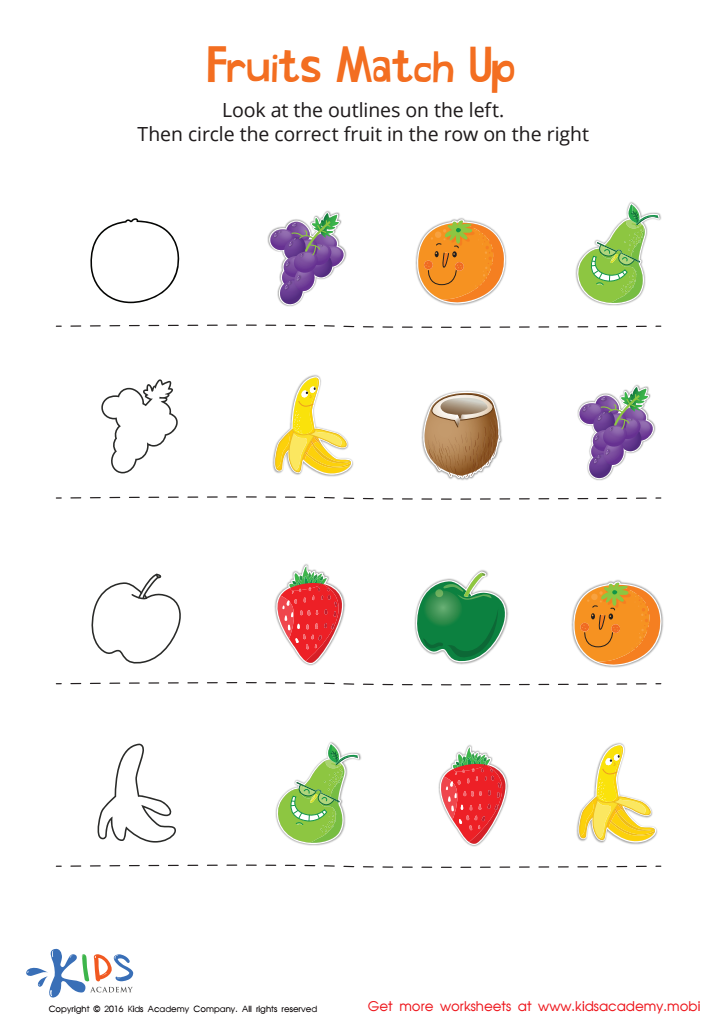

Fruits Match Up Worksheet
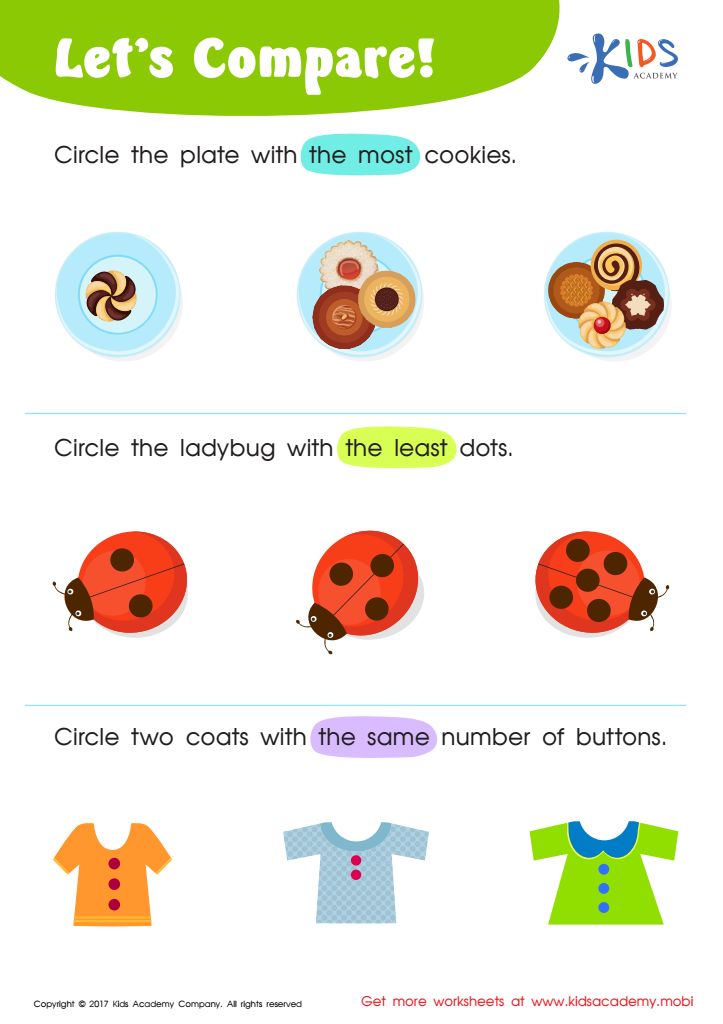

Matching: Classifying Toys by Size Worksheet
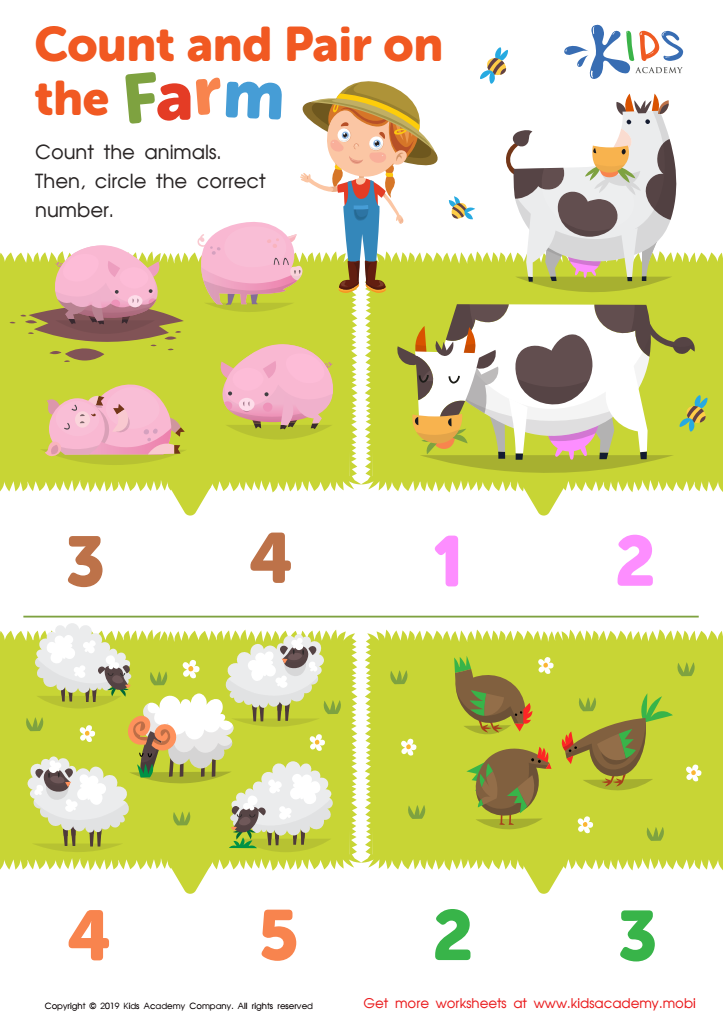

Count and Pair on the Farm Worksheet
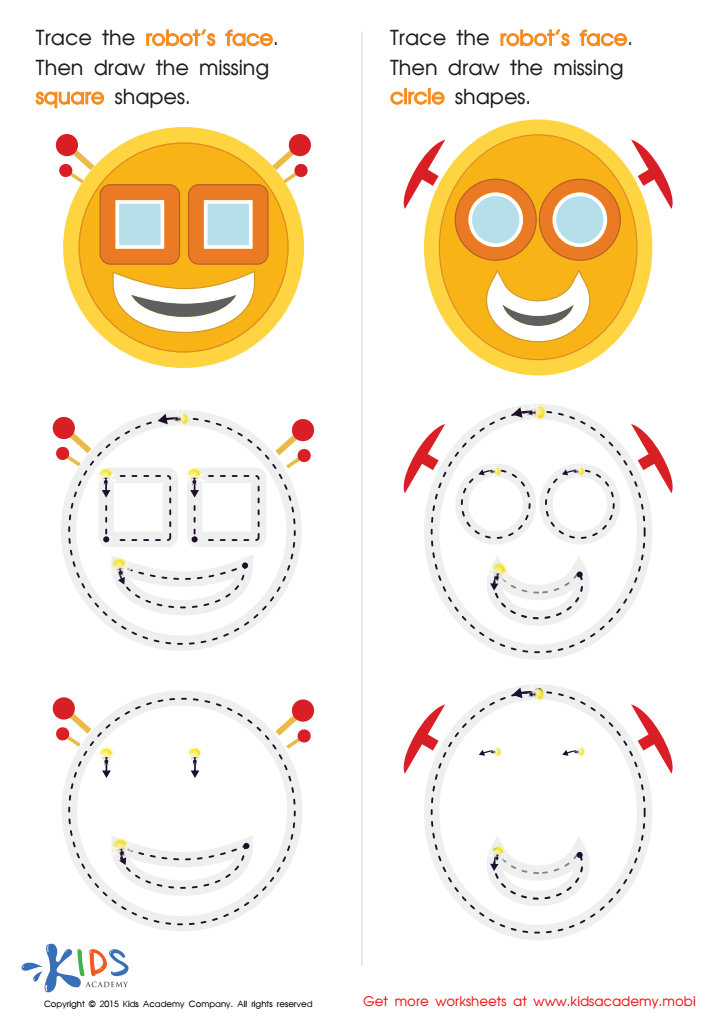

Practicing to Draw Circles And Squares Printable
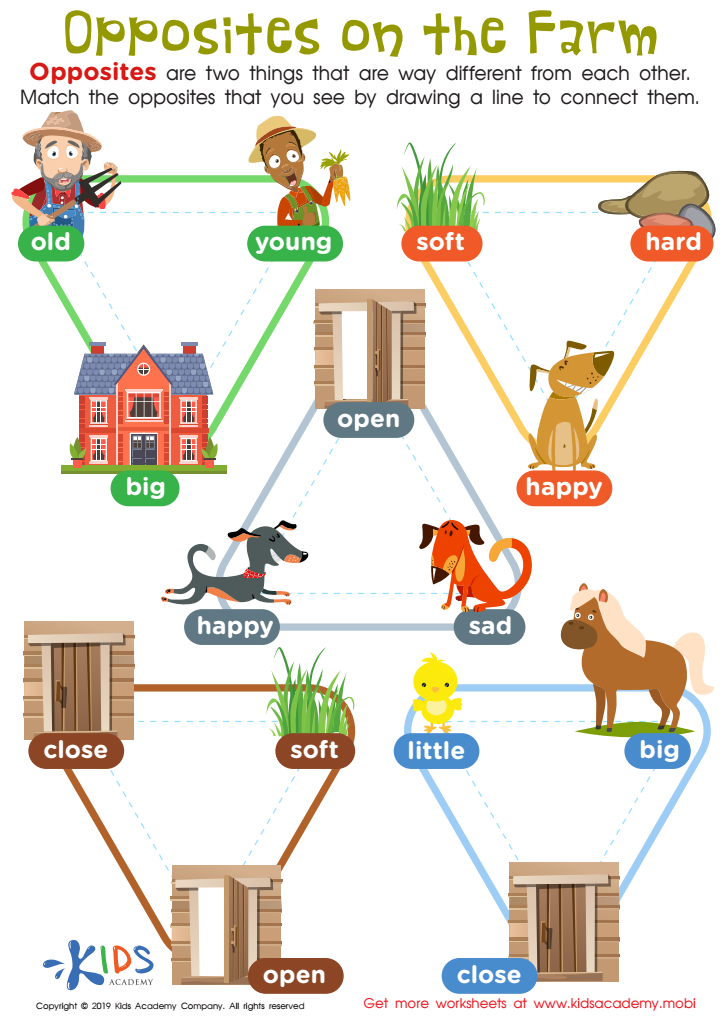

Opposites on the Farm Worksheet
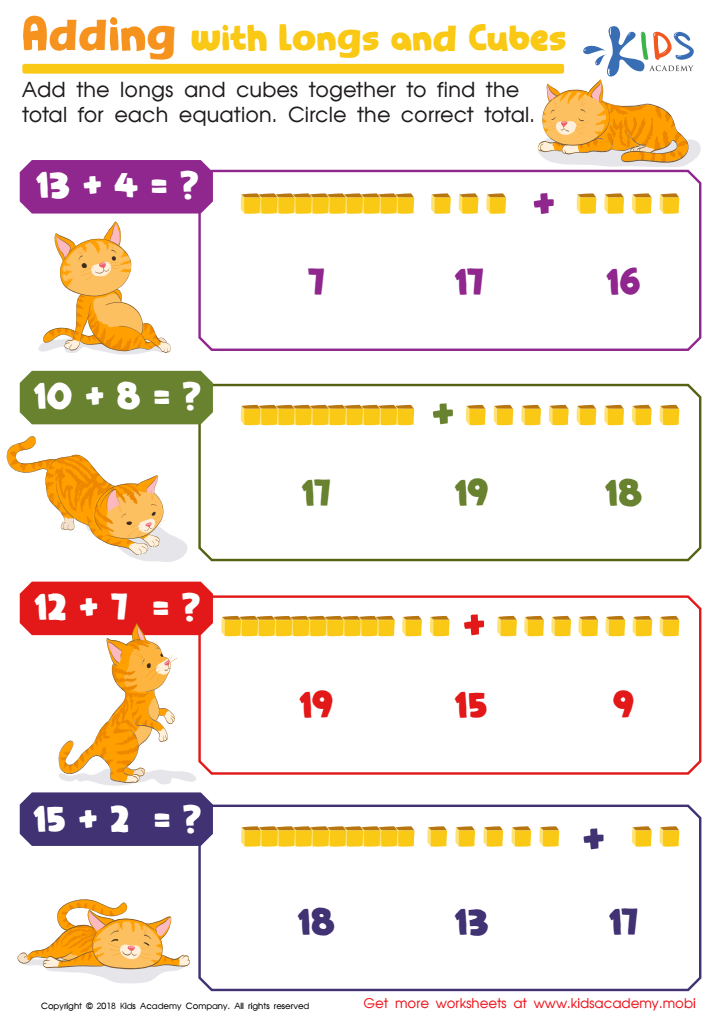

Adding With Longs and Cubes Worksheet
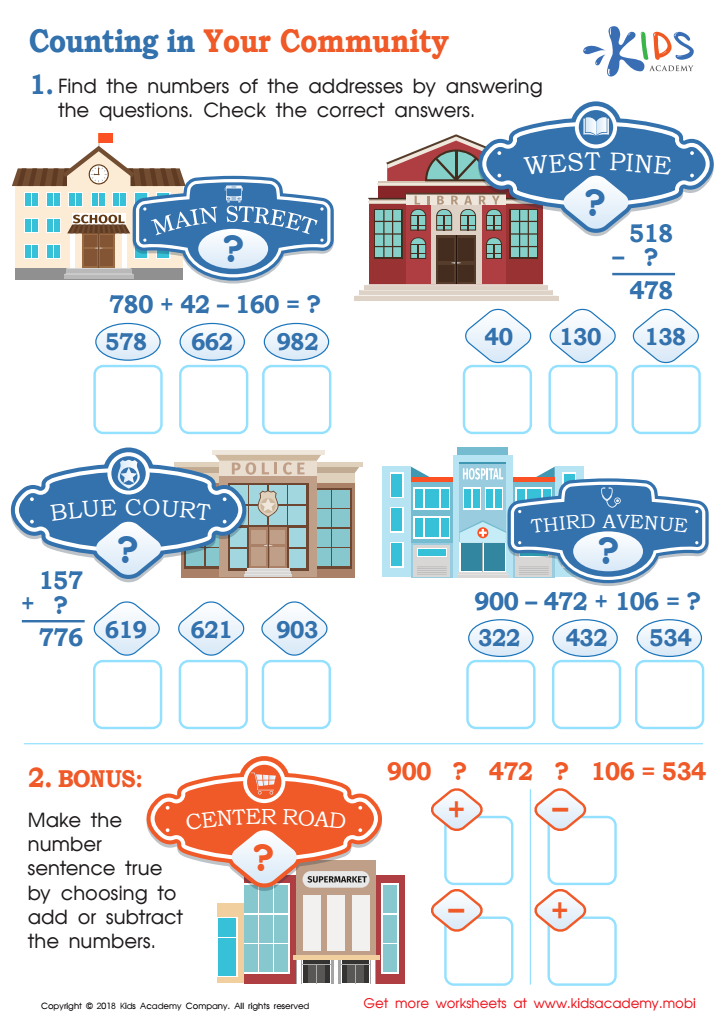

Counting in Your Community Worksheet
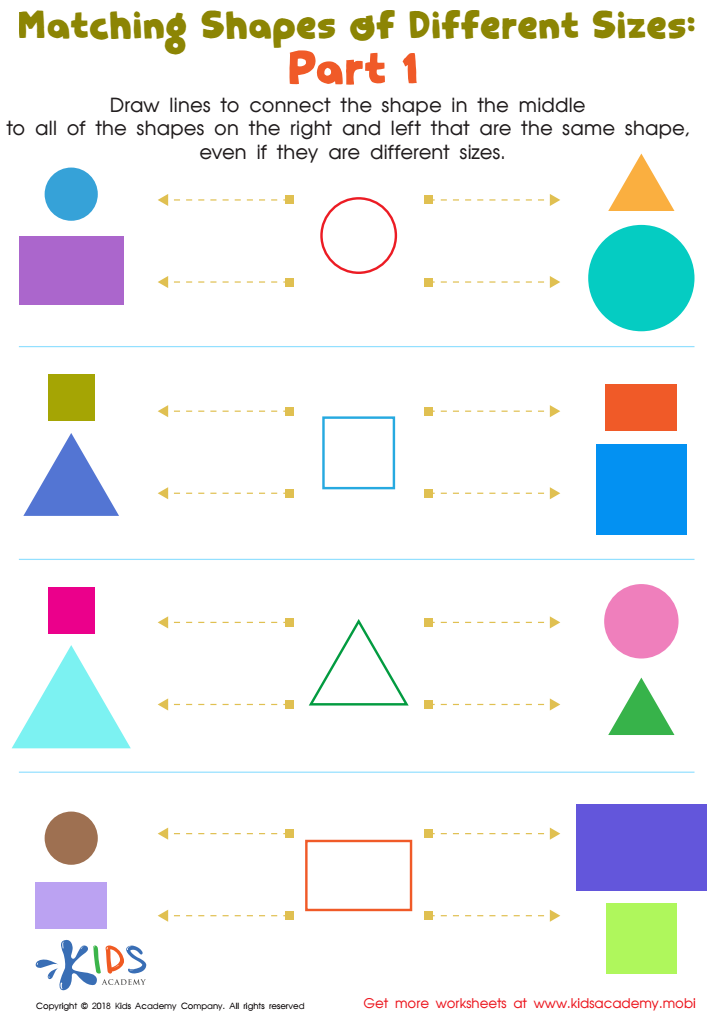

Geometry: part 1 Worksheet
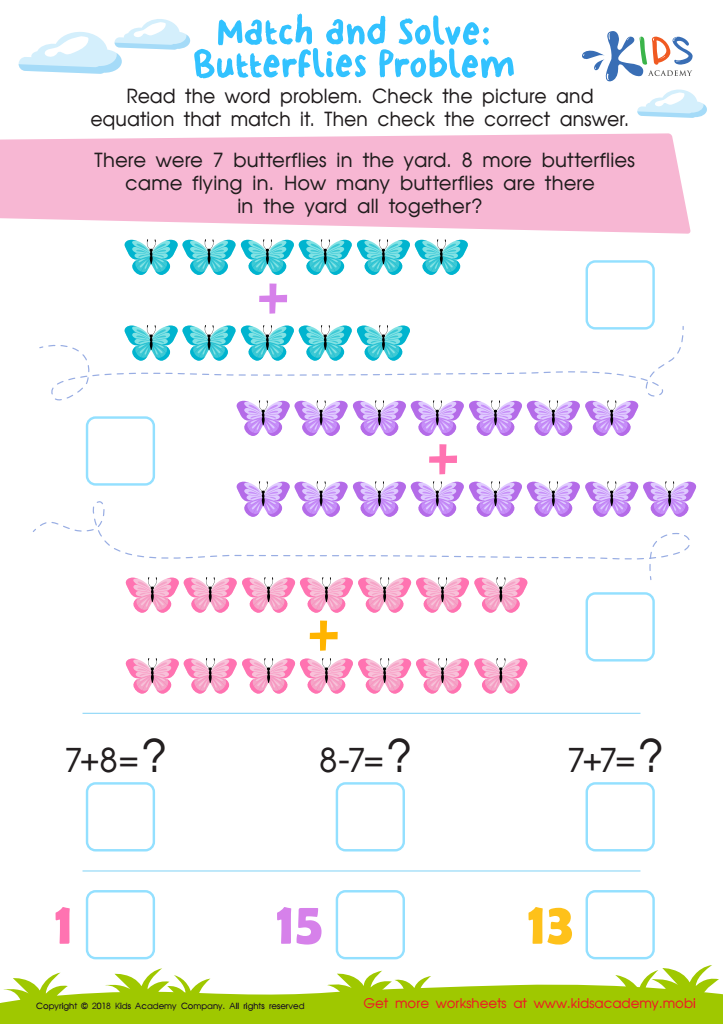

Match and Solve: Butterfly Problem Worksheet


Preschool Geometry Match Up Worksheet
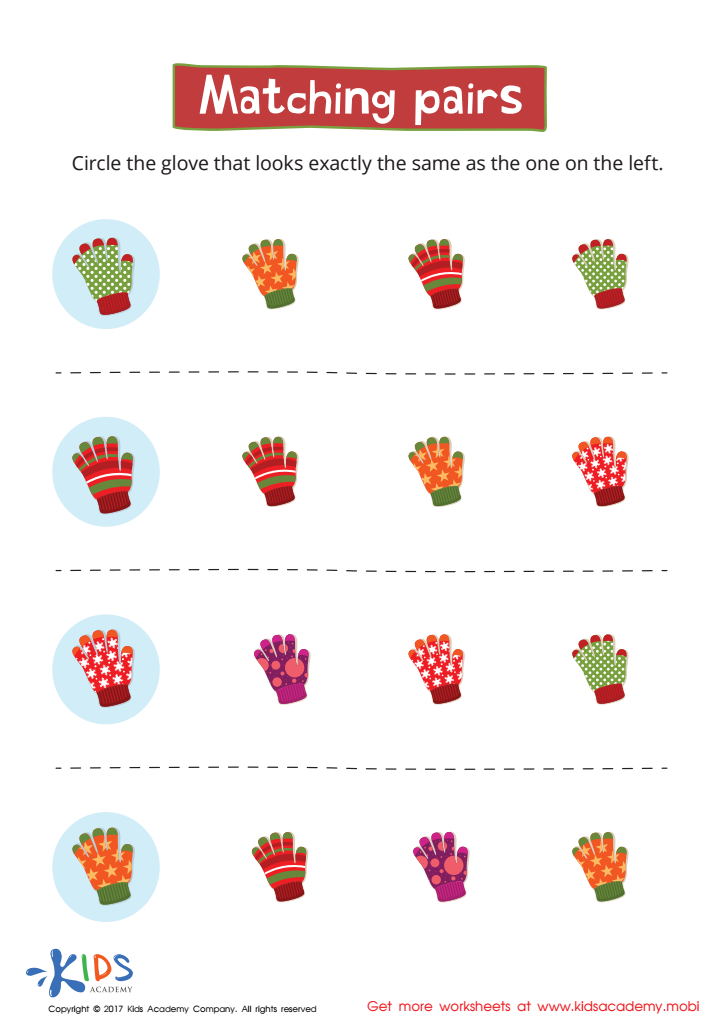

Matching: Matching Pairs Worksheet
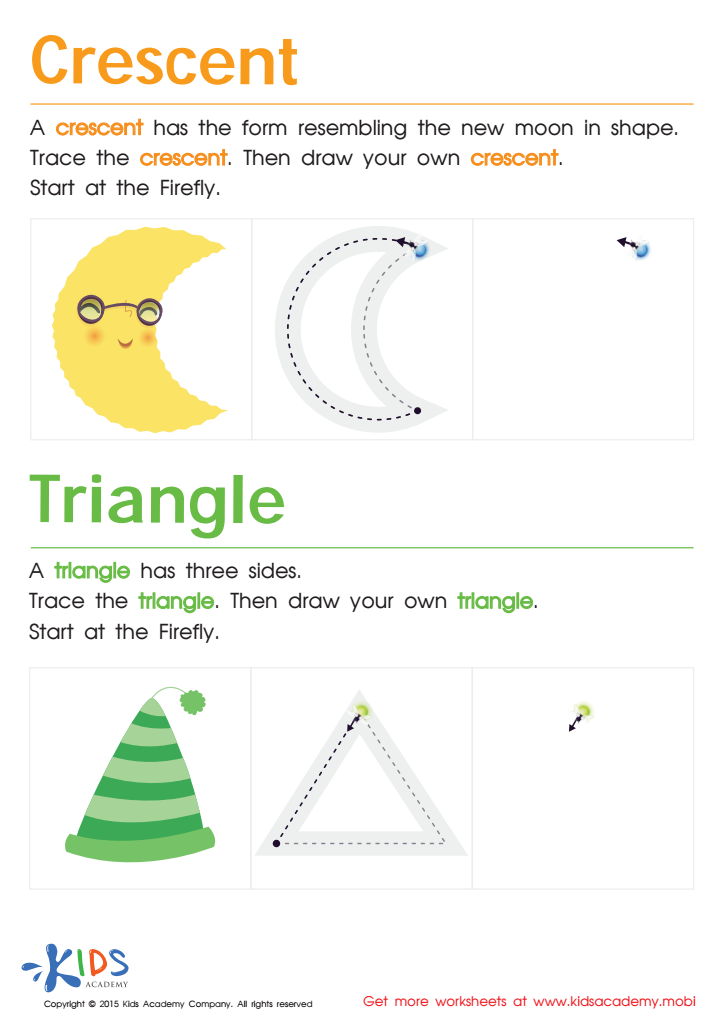

Learning to Draw Crescents And Triangles Worksheet
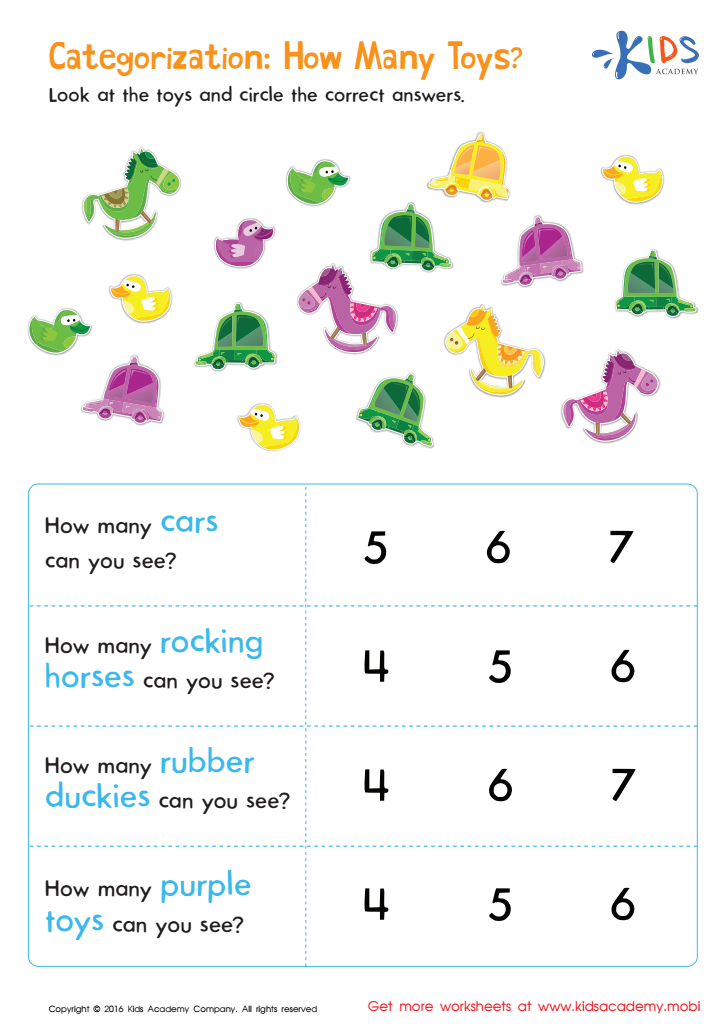

Classifying Toys by Type and Color Sorting Worksheet
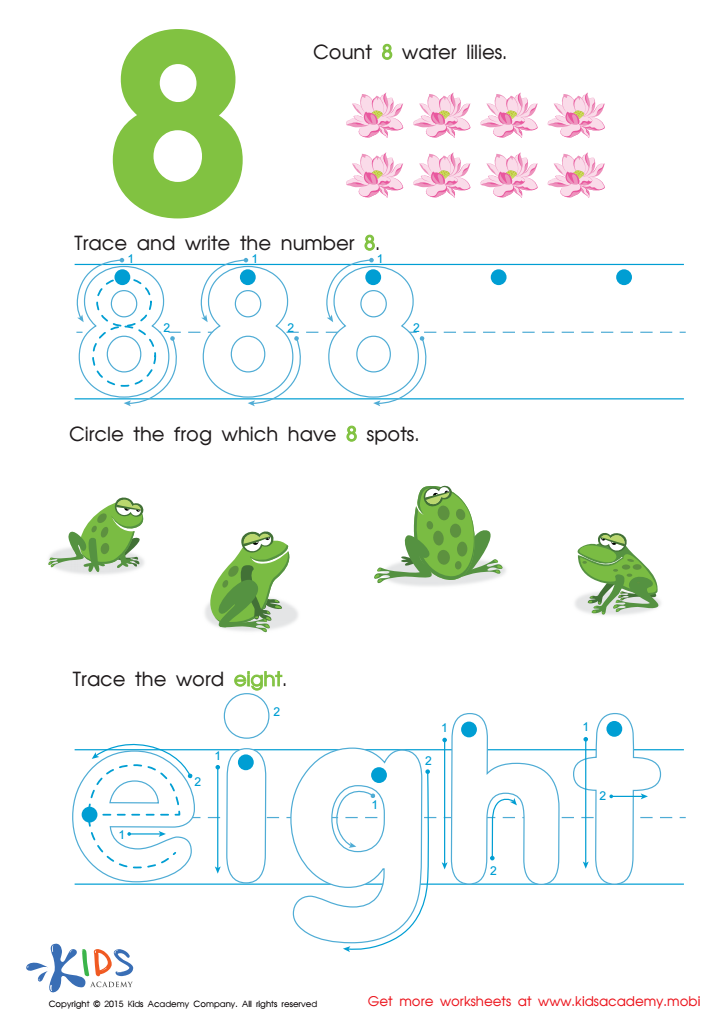

Learn Number 8 Easily Worksheet


Legislature Maze Through the 7’s Worksheet


Matching Shapes Worksheet
Cognitive development is crucial during ages 3-8, as these years lay the foundation for critical thinking, problem-solving, and understanding mathematical concepts. At this stage, children's brains are highly adaptable, and their cognitive skills are rapidly evolving. Parents and teachers play a pivotal role in nurturing these abilities.
Mathematical skills are not just about numbers; they encompass logical reasoning, spatial awareness, and pattern recognition, vital for everyday decision-making and academic success. Introducing math concepts early helps children develop confidence and avoid math-related anxiety later in life. When children engage in activities like counting, sorting, and measuring, they begin to grasp the basics of math in a concrete, hands-on manner.
Furthermore, positive reinforcement from parents and teachers boosts children's self-esteem and motivation to learn. By incorporating math into play, storytelling, and everyday tasks, adults can make learning fun and relevant. For example, cooking can teach measurements, while building blocks can illustrate geometric shapes.
Ignoring this developmental phase can hinder a child's ability to succeed academically and socially. Early cognitive development in math sets the stage for complex thinking skills needed in higher education and future careers. Hence, nurturing this development is paramount in raising well-rounded, capable individuals.
 Assign to My Students
Assign to My Students




















